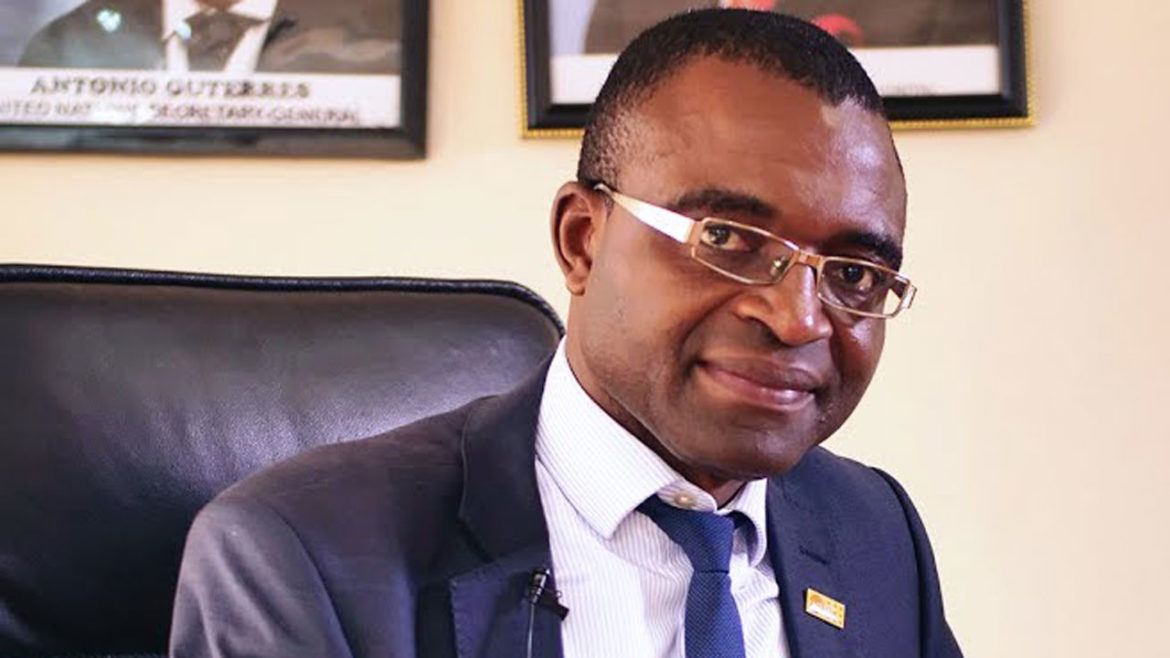By Asma’u Ahmad
The United Nations Population Fund (UNFPA) and other partners, have expressed determination and commitment to addressing mortality issues in Nigeria.
The groups also made unwavering commitments to support the National Primary Health Care Development Agency (NPHCDA) in its efforts to curb maternal, newborn and child mortality in Nigeria.
NPHCDA had established the National Emergency Maternal and Child Health Intervention Centre (NEMCHIC) to address public health concerns on maternal, newborn and child deaths across the country.
The agency said the centre was part of its strategic approach to rapid reduction of maternal, newborn and infant motility at PHC, in line with the national strategic and health plan 2018-2022.
Dr Eugene Kongnyuy, Acting Country Representative, UNFPA Nigeria, said the initiative aligned with its three transformative visions; one of which was to end preventable maternal death.
“We are fully in support of what they are doing and if that is implemented, we are going to achieve the national goals, as well as global sustainable goals.
“What is different in this initiative with others is that it is concrete and pragmatic; we are not developing a policy or a strategy, we are going to implement. “So, it is about execution as there has been a gap in that area,’’ Kongnyuy said
He said that before now, the focus of the UNFPA and partners was on plans, strategies and policies; but added that: “we are now moving from policies to practice that would change things.’’
He further explained that the initiative was operational in nature making it interesting and heart touching for UNFPA.
“As the Executive Director of NPHCDA, Dr Faisal Shuaib said, 145 women die every day in Nigeria; it is heartbreaking because these are human beings dying every day.
“At this moment, people have to know that living is a human right; people have a right to live life, health, and dignity.
“As a country, we have lost because we have not provided them with these basic fundamental rights that they deserve.
“They have the right to live not to die of preventable maternal and child health causes,” the UNFPA Country Representative said.
He also noted the issue of inequality because it was not every person, every community, or all class of people that were dying from these preventable diseases.
According to him the poor and people who live in the remote and hard to reach areas die more than those who are better off.
“This initiative would address those who are left behind as it is also about accountability.
“UNFPA has three transformative goals to achieve by 2030.
“The first is prevent maternal death globally; end unmet need for family planning; and put an end to gender based violence globally.’’
Kongnyuy, therefore, reiterated the commitment of UNFPA to support the NPHCDA and ensure that the initiative succeeded.
Ms Sanjanna Bharadway Chief of Health, UNICEF Nigeria, said the agency was working with government at all levels to accelerate progress in reducing maternal mortality and improve the overall health of Nigerians.
“ We are in full support of the Federal Ministry of Health, NPHCDA and other key stakeholders and partners to accelerate progress, reverse the negative health indices and improve the well-being of our mothers, babies and children,’’ Bharadway said.
Similarly Ms Fiona Braka EPI Team Leader, WHO Nigeria, commended NPHCDA for convening the forum which she described as a call to action for achieving rapid reduction in maternal and child mortality in Nigeria.
Braka said reduction in maternal mortality had been slow over the past three decades and several children were dying before their fifth birthday, stressing that it was indeed a matter of concern.
She noted that it was an auspicious time to discuss the issue which was coming up on the eve of the 2019 World Health Day. This year’s celebration is themed: “Universal Health Coverage: Every One, Everywhere.”



